Miriam Makeba, known as "Mama Africa," was a pioneering South African singer and civil rights activist whose powerful music and unwavering activism against apartheid resonated globally. With hits like "Pata Pata" and a legacy of resilience and courage, she became an iconic figure in both the music industry and the fight for justice.
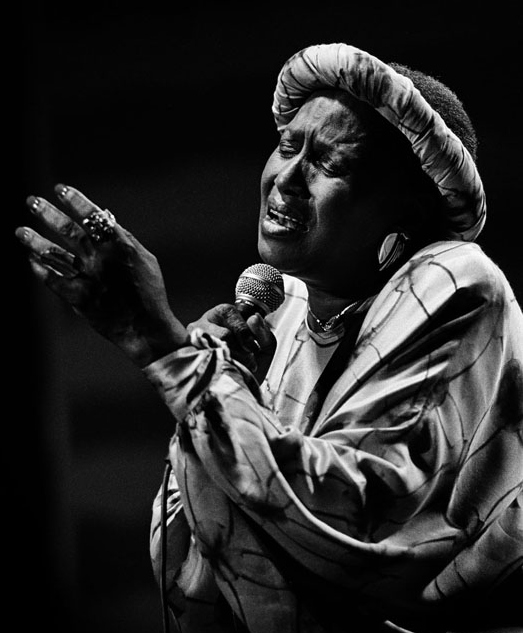
Miriam Makeba, affectionately known as "Mama Africa," was a groundbreaking South African singer and civil rights activist whose music and message resonated around the globe. Born Zenzile Miriam Makeba on March 4, 1932, near Johannesburg, she overcame early life hardships to become one of the most celebrated and influential musicians of the 20th century.
Makeba was born to a Swazi mother and a Xhosa father and was raised in the culturally rich yet racially segregated township of Sophiatown. Singing in her school choir set the foundation for what would become an extraordinary musical career. Despite personal challenges, including her father's death and a short, difficult marriage at age 17, Makeba persevered. In 1950, she became a mother and survived breast cancer, demonstrating remarkable resilience.
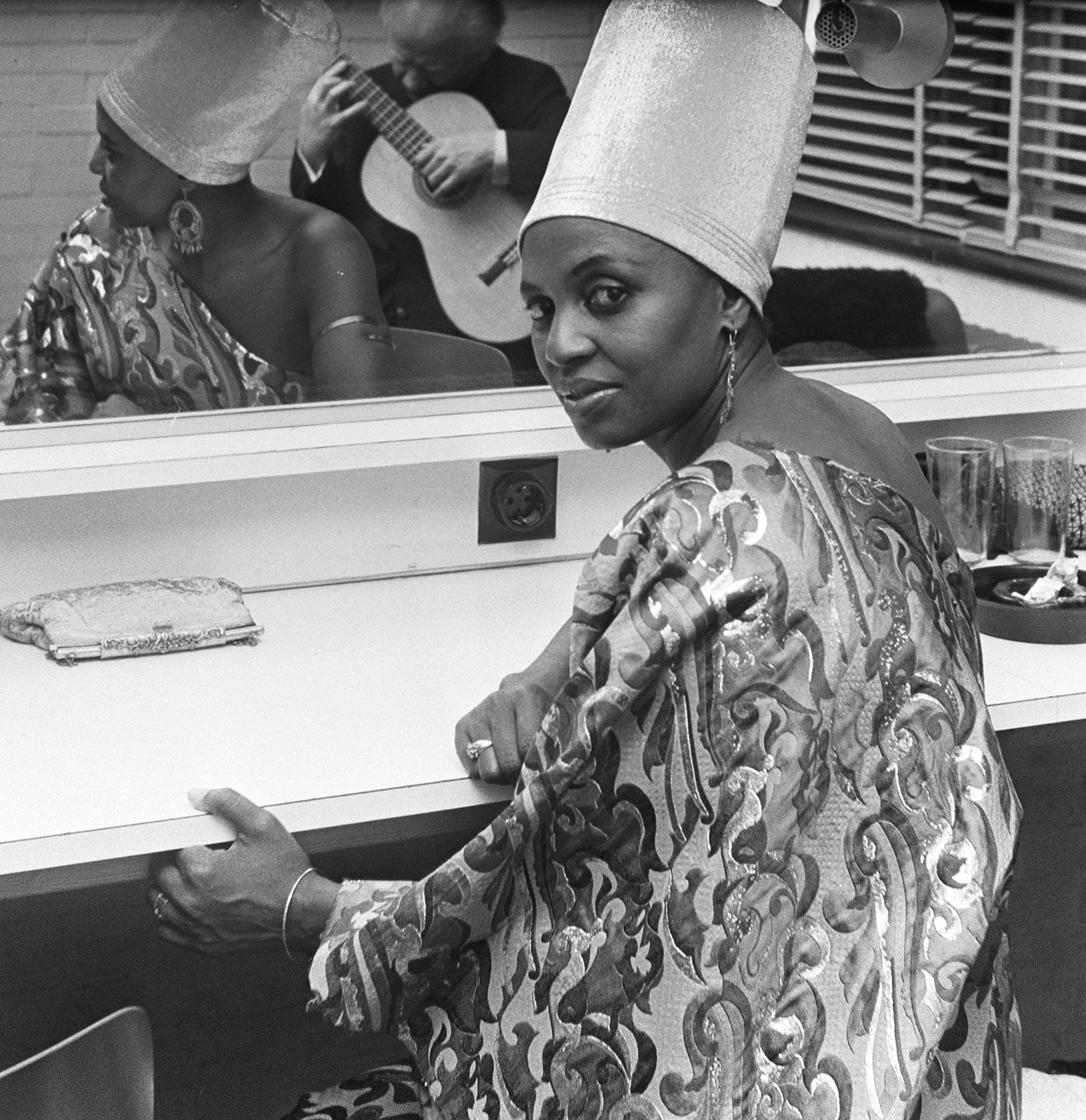
Makeba launched her professional career in the 1950s, performing with groups such as the Cuban Brothers, the Manhattan Brothers, and The Skylarks. Her unique blend of jazz, traditional African music, and Western popular styles caught the attention of audiences across South Africa. Her role in the anti-apartheid film Come Back, Africa (1959) further established her as an international star.
After Come Back, Africa, Harry Belafonte took Makeba under his wing as a mentor and collaborator. In 1959, she relocated to the United States, rapidly gaining popularity and releasing her first solo album in 1960. However, her opposition to apartheid invited the wrath of the South African government, resulting in a revoked passport and a 30-year exile when she tried to return for her mother's funeral.
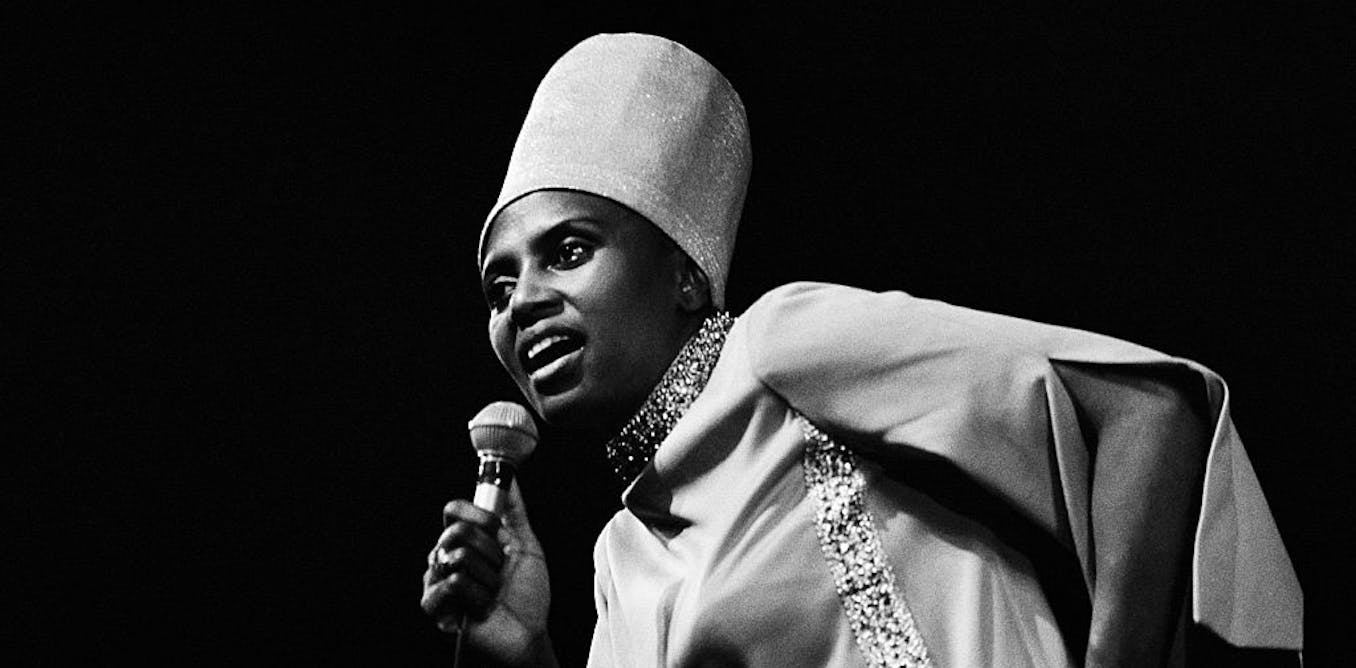
Makeba's music transcended borders, earning her the title "Mama Africa" and cementing her status as one of the premier Black African artists of her time. Her hit “Pata Pata” is a calling card the world over, and her collaboration with Harry Belafonte on the Grammy-winning album An Evening with Belafonte/Makeba remains a milestone in her career.
Makeba was not just an entertainer but a staunch activist. Her powerful critiques of apartheid and her advocacy for justice made her a symbol of resistance. Her humanitarian efforts were recognized globally, earning her prestigious awards like the Dag Hammarskjöld Peace Prize and the Otto Hahn Peace Medal in Gold.
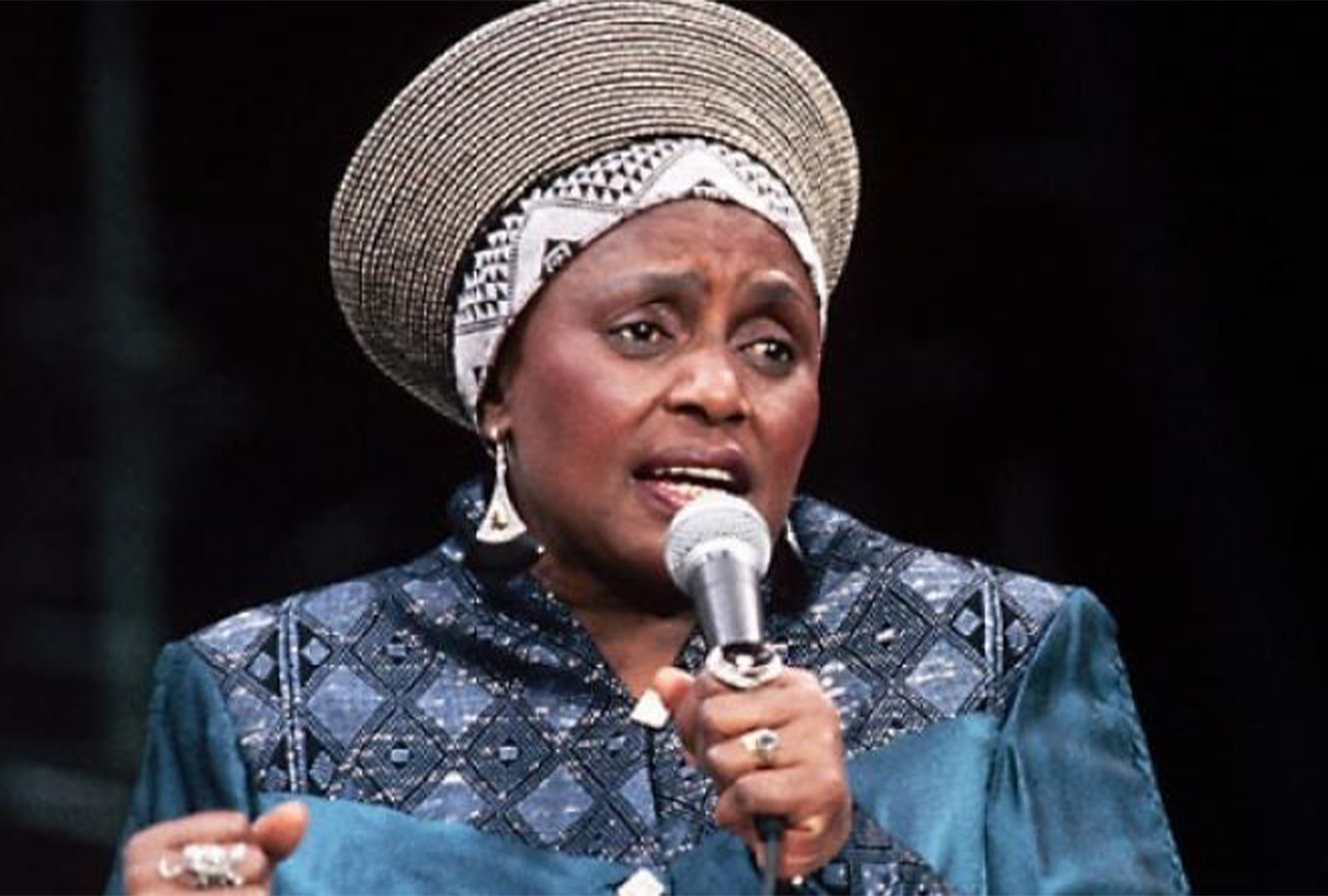
Makeba's personal life was marked by notable marriages, including to Hugh Masekela and American civil rights activist Stokely Carmichael. Her marriage to Carmichael led to political discord and forced her to relocate from the United States to Guinea, yet she remained a vibrant cultural force.
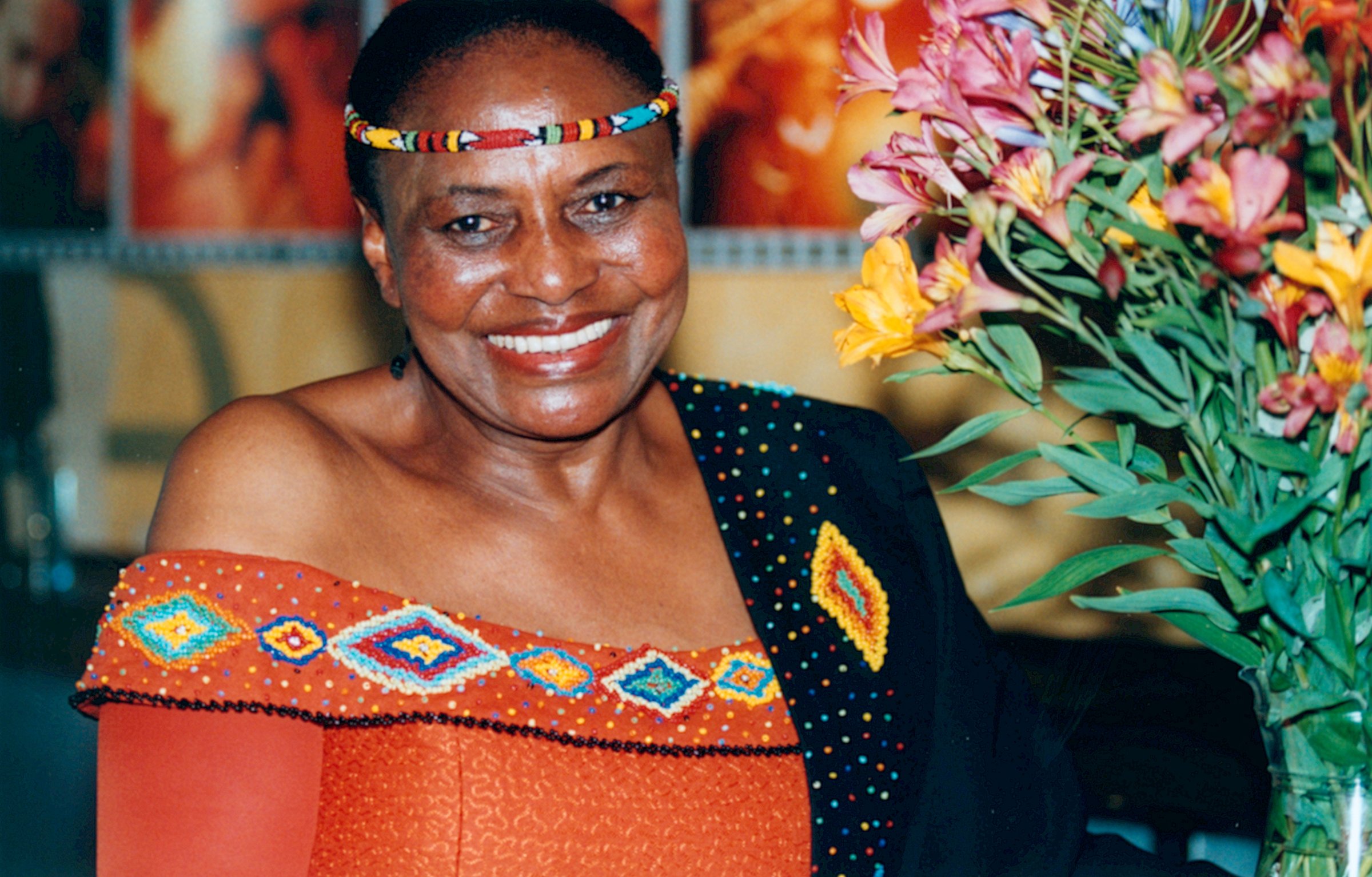
Even after apartheid ended, Makeba continued her artistic and activist pursuits until her passing on November 9, 2008. Her legacy endures as a trailblazer who used her voice to fight for freedom and change.
“Her music has crossed borders and touched the hearts of millions around the world. Her story is one of courage, resilience, and determination.”
| Aspect | Details ||-----------------------|-------------------------------------------------------------------------|| Full Name | Zenzile Miriam Makeba || Birth/Death | March 4, 1932 – November 9, 2008 || Nationality | South African || Nickname | Mama Africa || Genres | Afropop, Jazz, World Music || Signature Song | "Pata Pata" || Major Awards | Grammy Award (1965), Dag Hammarskjöld Peace Prize (1986), Otto Hahn Peace Medal (2001) || Activism | Anti-apartheid, civil rights, humanitarian work || Exile | 1960–1990 (banned from South Africa for anti-apartheid stance) || Notable Collaborators | Harry Belafonte, Hugh Masekela || Legacy | Iconic African musician, global activist, symbol of resistance |
Miriam Makeba leaves an enduring mark as a towering figure in music and activism, celebrated for her artistry, courage, and global impact.